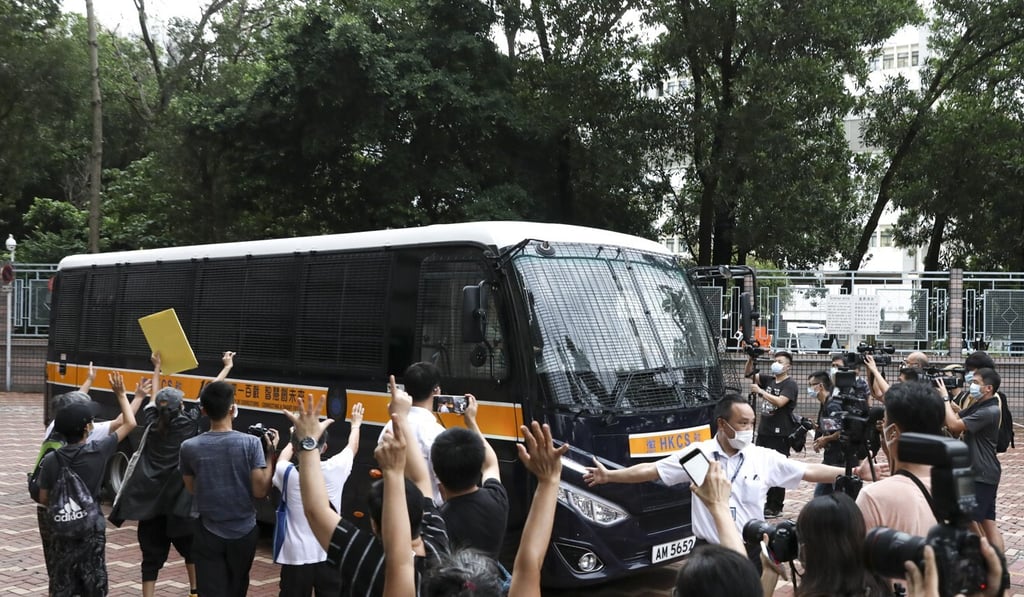Advertisement
Explainer | What is Hong Kong’s colonial-era sedition law, and how does it fit into landscape of national security legislation?
- Recent arrests under the law have sparked concerns over freedom of speech, and questions as to whether colonial-era offences are still relevant
- The legislation’s use has also raised questions about how it relates to the national security law, which deals with similar matters
Reading Time:5 minutes
Why you can trust SCMP

The arrest and prosecution of opposition activist Tam Tak-chi has put the spotlight on a sleeping giant: a colonial-era sedition law already on Hong Kong’s books, despite not being deployed for decades.
Advertisement
Laid out in broad terms in the city’s Crimes Ordinance, the nearly century-old law was used on Tuesday to target Tam over a string of allegedly seditious remarks that police and prosecutors said he made between March and July.
The leading figure of localist group People Power was charged on Tuesday with five counts of uttering seditious words, and another of acting disorderly in public places.
The move sparked concerns over the impact on freedom of speech, in the wake of the Beijing-imposed national security law.
While details of the allegations and legal arguments will only become clear as the proceedings unfold, Tam’s case raises questions over whether the colonial-era laws are still relevant and, if so, why there was such an urgent need for Beijing to enact its own legislation in June.
Advertisement

What do we know about the colonial-era seditious offences?

Advertisement